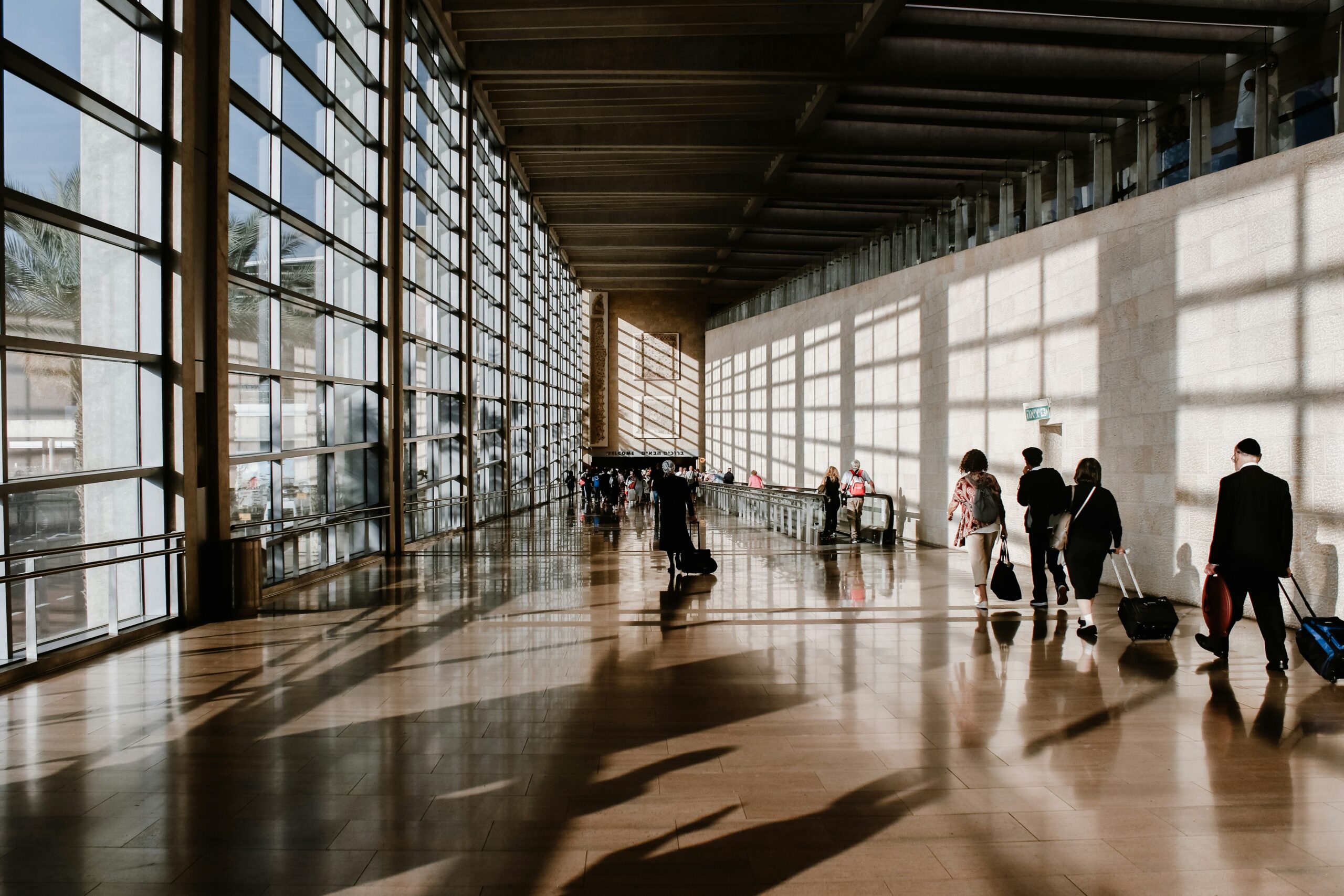:max_bytes(150000):strip_icc():format(jpeg)/TAL-woman-with-stomach-SICKDIGNOMAD0325-ac03459437c4451e87fe5364e484d374.jpg)
It’s simple statistics, really. The more you travel, the more likely you are to fall victim to food poisoning one day. And while we wear it as a badge of honor—hey, it means we’re adventurous with our food choices, right?—we can all agree that when it does happen, it’s the absolute worst. Just look at what happened to this Redditor, who shared their story as a warning to other travelers on the Digital Nomad subreddit.
“I was feeling absolutely invincible, two solid weeks of smashing street food in [Mexico City] with no consequences. Thought I was built different. Then, three days ago, the universe humbled me,” the user wrote.
They went on to explain that while they sat in a cafe in Zona Rosa, they began to feel that worrying pressure in their belly.
“Thought I just needed to sneak out a cheeky fart. Spoiler alert: it was not just air. Immediate realization. Went from mild discomfort to code red in under three seconds,” they said, adding it was then that they realized they needed to rush to the toilet ASAP. And it didn’t let up for more than 24 hours. “I’ve spent so long on the toilet I’m considering giving it a name.”
The traveler noted they suspect a few of the meals they had earlier that day could be the culprit, including “a seafood poke bowl off Rappi (risky), the two tacos al pastor I demolished after a night out Sunday morning (stall looked clean enough, packed, with a designated person handling $, but hey it was 4 a.m.), the tap water I brushed my teeth with (overconfident) or the guy I swapped spit with that night (no regret but suspect No. 1).”
And it appears this traveler is far from alone. As of March 31, the post had more than 140 comments, with some calling it “basically a rite of passage” with instances all over the globe.
“Been there! I thought I was fine with most street foods in China after a month of living there. I ended up in the ER getting my stomach pumped second month,” one commenter wrote. “Good memories.”
“Oh boy, let me tell you … I had a pizza for dinner in a small town in Peru that, in retrospect, had some suspicious sausages that didn’t appear that well cooked at all,” another added. “Around 3 a.m. that night, all hell broke loose. I spent the rest of the night going from my bed to the toilet, managing to reach it most of the time.”
And while it’s sometimes impossible to avoid, you can still take a few steps to protect yourself against food poisoning while you travel the globe.
“Food and drink, particularly in developing countries, can sometimes harbour germs and serious diseases such as cholera, typhoid and hepatitis A,” Grant Winter, compliance expert at Good to Go Travel Insurance, told Travel + Leisure. “More commonly though, travelers can suffer from bouts of food poisoning, with symptoms including vomiting and diarrhea, after ingesting contaminated food or drink.”
According to Winter, it’s best to drink bottled water whenever possible, “even if the internet is telling you tap water is safe to drink wherever you’re going.” Also, ensure the lid of the bottle is well sealed before you drink it. And if you can’t find bottled water, only drink tap if it’s been boiled or if you’ve used chlorine tablets or iodine to sterilize the water.
Winter also added that travelers need to be equally wary of all-inclusive resort stays as well.
“When it comes to food, avoid eating cooked food that has been left to hang around without cover for too long. Always aim to get to the all-inclusive buffet earlier in the serving rather than later to avoid being left with the food which has been outside for longer, and exposed to potential sources of bacteria,” Winter said. He added, “It’s also better to avoid food that has flies buzzing around it, and only eat raw fruit and vegetables that you have peeled yourself to reduce the risk of contamination.”
Lastly, Winter added another critical point: avoid ice at all costs.
“Don’t forget about the risk of ice cubes in your drinks,” he said. “In many cases, these are probably made from untreated tap water (however, some large resorts do use bottled water, so it’s always worth checking), which can cause you to get sick.”
However, it’s not all on the food establishments or hotels to keep you healthy. You need to take personal responsibility too.
“While it may sound obvious, personal hygiene should be a number one priority abroad to help avoid food poisoning and contamination,” Winter said. “Always wash your hands after the toilet and before eating or preparing food, and make sure you take an alcohol-based hand gel to use when you’re out and about before eating any food.” Otherwise, you’ll run the risk of becoming Reddit’s next cautionary tale.

:max_bytes(150000):strip_icc():format(jpeg)/TAL-woman-with-stomach-SICKDIGNOMAD0325-ac03459437c4451e87fe5364e484d374.jpg?w=872&resize=872,547&ssl=1)






